The workshop was organized by the Committee for Science, Technology and Environment in coordination with the Ministry of Science and Technology ; Vietnam Federation of Commerce and Industry (VCCI).
Avoid rigid regulations that hinder the development of AI
AI is a groundbreaking technology that enables machines to perform problem-solving tasks that require human-like intelligence and is being widely applied and integrated into everyday life, supporting features such as digital assistants, recommendation engines and fraud detection systems.
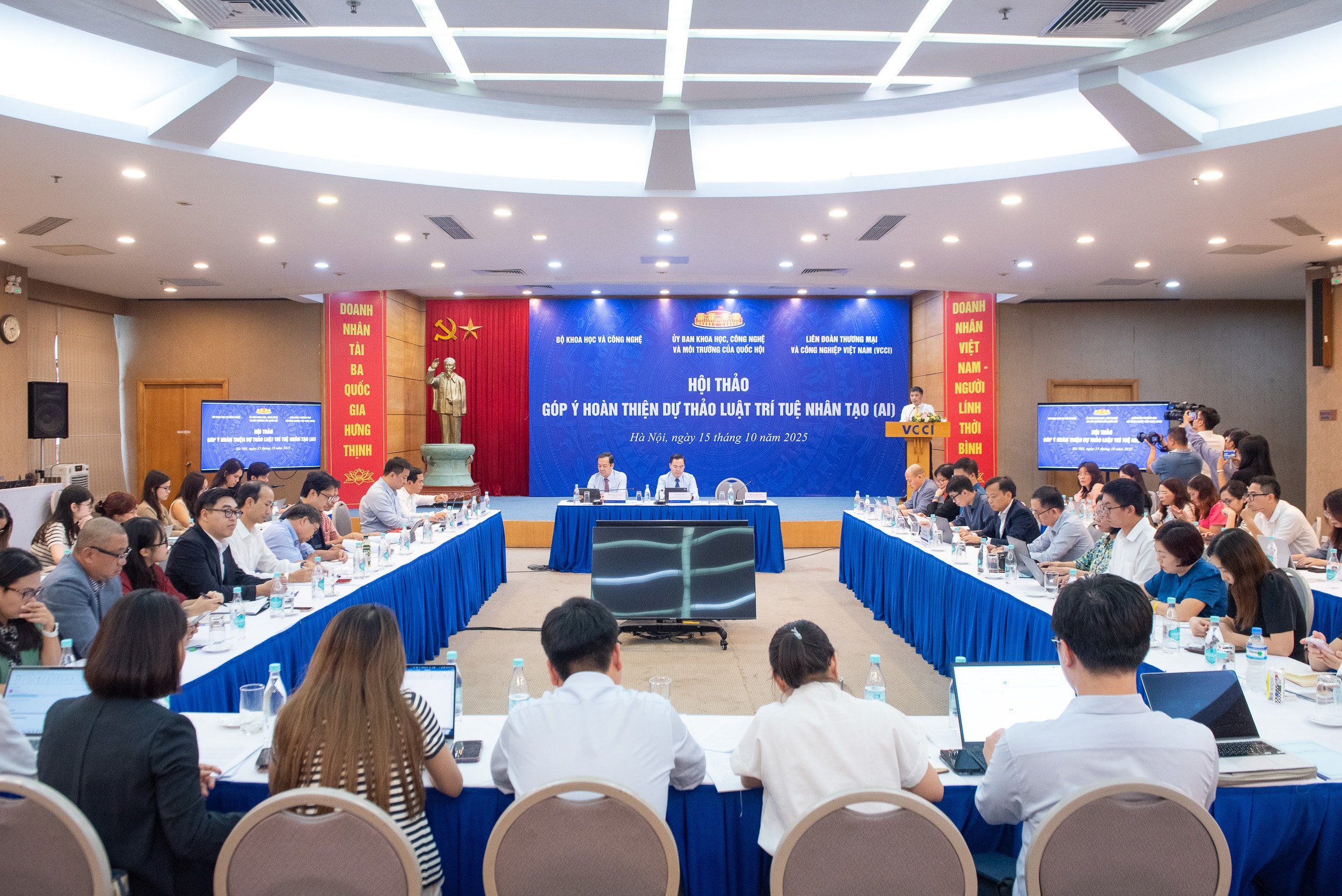
Conference scene. Photo: Thanh Chi
Vice Chairman of the Committee for Science, Technology and Environment Tran Van Khai stated that in Vietnam, AI is identified as one of the national priority technologies, playing a key role in digital transformation, developing a knowledge-based economy and enhancing national competitiveness.
The gradual mastery of AI and the strong development and application of AI based on big data in important industries and fields have been identified in Resolution No. 57-NQ/TW of the Politburo on breakthroughs in science and technology development, innovation and national digital transformation.
Therefore, submitting the Artificial Intelligence Law project to the National Assembly for consideration and approval at the upcoming 10th Session will contribute to creating a legal foundation to promote research, development, application and management of AI in a safe, responsible and humane manner.
From the perspective of State management, Vice Chairman of the Committee Tran Van Khai said that lawmakers are interested in identifying risks from AI in the fields of public administration, personal data, ethics, human responsibility when deploying and using AI, labor market, etc. Therefore, the draft Law is currently classifying AI systems according to the level of risk to manage risks; at the same time, proposing policies to develop the AI ecosystem and market.
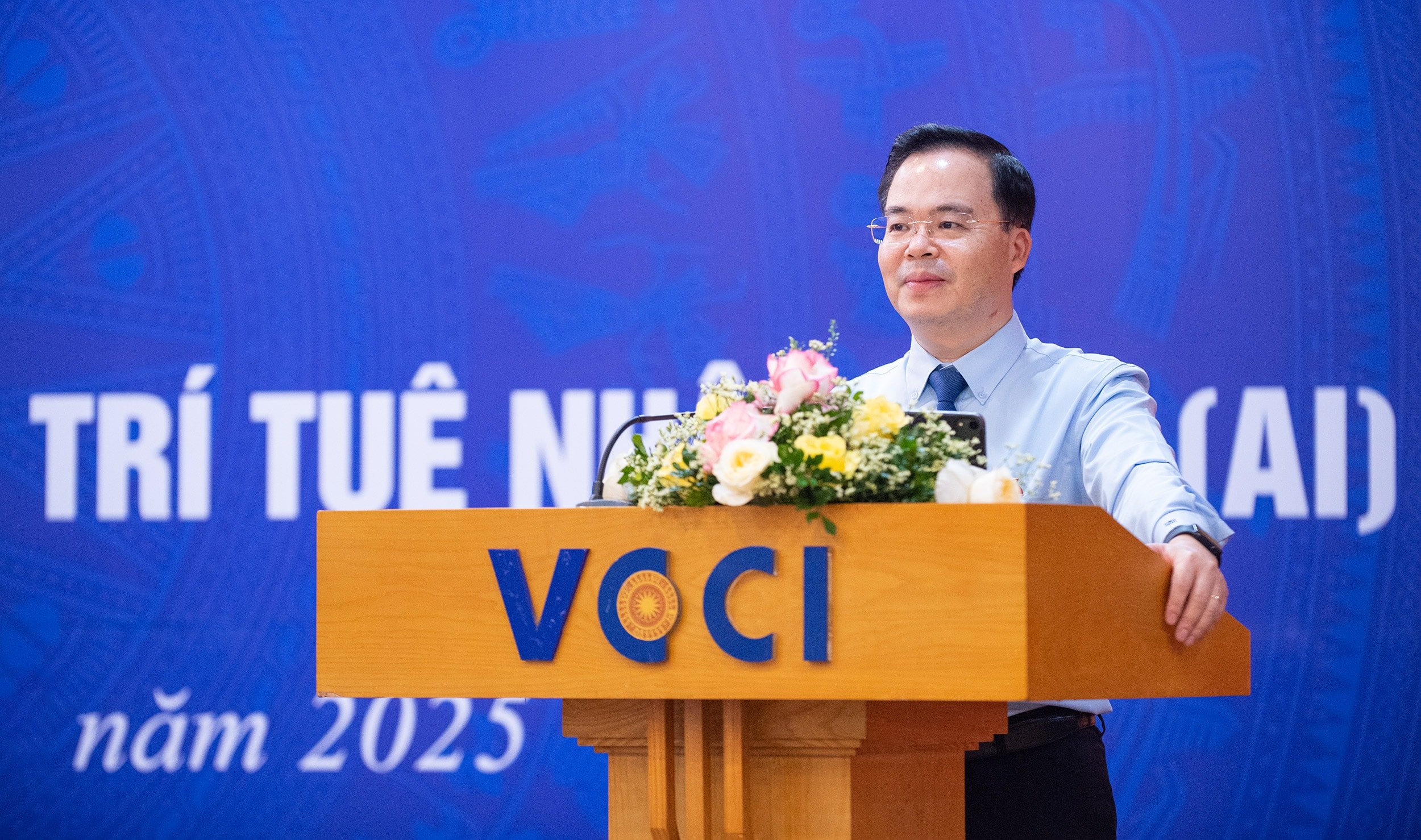
Vice Chairman of the Committee for Science, Technology and Environment Tran Van Khai speaks
"Vietnam has the opportunity to shape its AI future in an innovative and comprehensive way." Emphasizing this, Lawyer Nguyen Tuan Linh, BMVN International Law Firm, Baker McKenzie international law firm alliance also recommended applying global best practices and flexible governance tools, avoiding overly burdensome legal regulations that could hinder the domestic and international AI industry.
Regarding the risk classification of AI systems, Lawyer Nguyen Tuan Linh proposed classifying AI risks according to the purpose of use, not linked to the underlying technology. Risk assessment should be based on clear, objective criteria and in accordance with international standards. Providing overly broad definitions related to risk classification may inadvertently hinder the development of benign, basic and harmless AI technologies. In addition, risk categories should be updated regularly to reflect technological progress.
Ensuring the principle of respecting intellectual property rights
“How to find a balance between risks and opportunities, between risk management and development creation in the legal framework regulating AI?” Asking this question, Lawyer Le Xuan Loc, member lawyer of T&G Law Firm, said that the current trend of many countries in the world is to respect and create conditions for AI development based on the principle of agreement between rights holders and AI developers.
“The settlement of AI-related lawsuits in some countries is currently moving in the direction of the parties negotiating with each other.” Given this reality, Lawyer Le Xuan Loc welcomed the new version of the draft Law stipulating basic principles towards respecting intellectual property rights in the process of developing and applying AI, and emphasized that it is necessary to rely on the principle of the parties negotiating and reaching agreements through collective representative organizations.
Tran Vu Ha Minh, Chief Advisor on Responsible AI at FPT Software, said that in Vietnam, there are nearly 170,000 businesses applying AI, accounting for about 18% of the total number of businesses. The chatbot market is forecast to increase 6 times in the next 10 years. Therefore, the State needs to issue specific guidelines on the responsible deployment of AI, first of all with popular tools such as chatbots and virtual assistants.
Chief Advisor Tran Vu Ha Minh also recommended that the draft Law should clarify the responsibilities of developers in the AI supply chain, instead of only regulating suppliers or importers; allowing AI system assessment by a third party recognized domestically or internationally.
Director of LuatVietnam.vn Tran Van Tri suggested that the draft Law should clearly define the boundaries of intellectual property rights between developers, suppliers and deployers. There should be specific guidelines on labeling AI products, ensuring transparency and verifiability. Flexibility in the pre-test mechanism to avoid slowing down the product launch progress. Add regulations on citing AI learning data sources to make knowledge sources transparent and avoid copyright infringement.
Concerned about the responsibilities of parties in the AI value chain, Amazon Vietnam Public Policy Director Le Dinh Dung suggested that the draft Law should allocate responsibilities based on the level of control and visibility of each stakeholder in the AI development and deployment chain. Developers are better placed to document and document the technical capabilities and limitations of AI systems. AI system deployers are best placed to shoulder direct compliance obligations, as they control how AI systems are used and can identify potential risks arising from each specific application context.
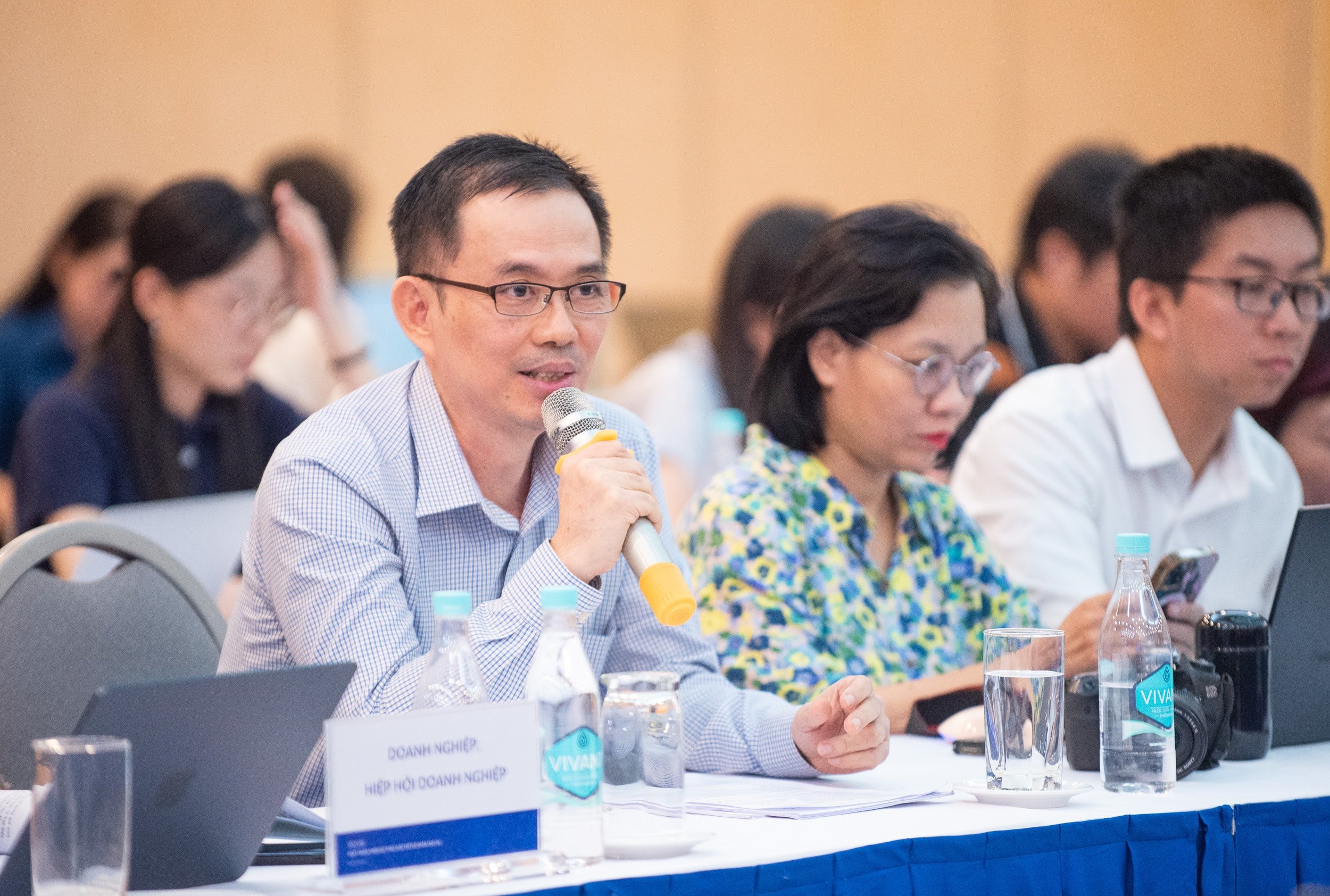
Amazon Vietnam's Public Policy Director Le Dinh Dung commented on the draft Law
Taking note of the comments on the draft Law, Deputy Minister of Science and Technology Pham Duc Long said that the process of drafting the Law was carried out in a short time but the drafting agency carefully consulted international experience to choose a direction suitable for Vietnam. The goal of the State management agency in the process of drafting the Law is a balanced approach to create a safe legal corridor, manage core risks and open up enough space for AI to develop.
According to Deputy Minister Pham Duc Long, in parallel with the development of the Law project, the Government and the Ministry of Science and Technology will implement policies to support the development of the national AI ecosystem, including data and computing infrastructure, human resource training, and support for small and medium-sized enterprises in applying AI...

Deputy Minister of Science and Technology Pham Duc Long (left), Vice Chairman of the Committee for Science, Technology and Environment Tran Van Khai (middle) and Deputy Secretary General and Head of the Legal Department of VCCI Dau Anh Tuan (right) co-chaired the workshop.
"The ultimate goal is to build a practical and feasible law that both manages risks and strongly promotes the development of AI in Vietnam, contributing to bringing technology to serve people and sustainable development," Deputy Minister Pham Duc Long affirmed.
Source: https://daibieunhandan.vn/du-thao-luat-tri-tue-nhan-tao-quan-ly-duoc-rui-ro-thuc-day-manh-me-su-phat-trien-ai-viet-nam-10390871.html


![[Photo] Collecting waste, sowing green seeds](https://vphoto.vietnam.vn/thumb/1200x675/vietnam/resource/IMAGE/2025/10/18/1760786475497_ndo_br_1-jpg.webp)
![[Photo] Immerse yourself in the colorful musical world of “Secret Garden Live in Vietnam”](https://vphoto.vietnam.vn/thumb/1200x675/vietnam/resource/IMAGE/2025/10/18/1760805978427_ndo_br_thiet-ke-chua-co-ten-41-png.webp)

![[Photo] Closing ceremony of the 18th Congress of Hanoi Party Committee](https://vphoto.vietnam.vn/thumb/1200x675/vietnam/resource/IMAGE/2025/10/17/1760704850107_ndo_br_1-jpg.webp)
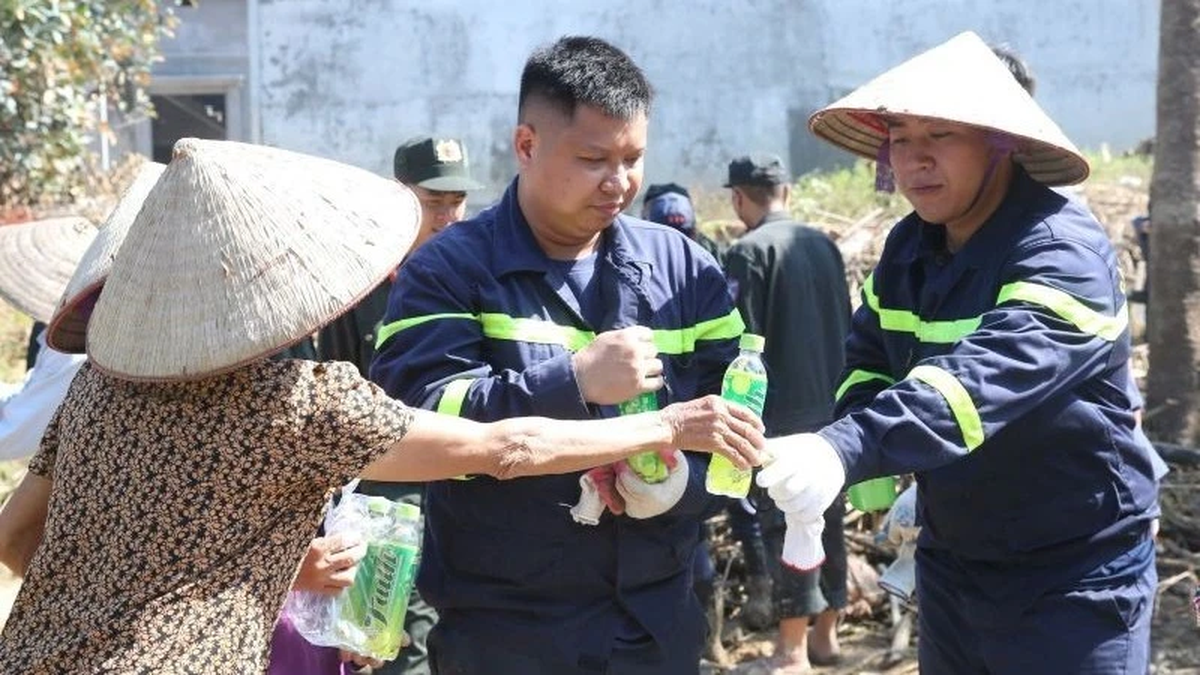
![[Photo] General Secretary To Lam attends the 95th Anniversary of the Party Central Office's Traditional Day](https://vphoto.vietnam.vn/thumb/1200x675/vietnam/resource/IMAGE/2025/10/18/1760784671836_a1-bnd-4476-1940-jpg.webp)
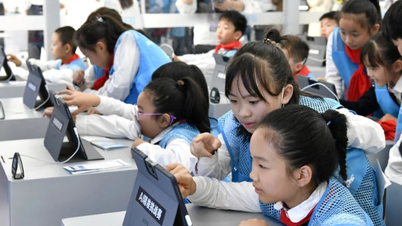

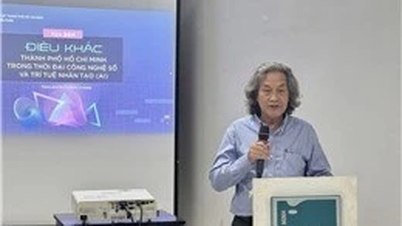

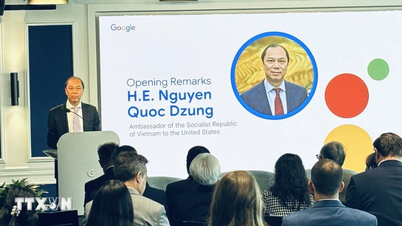
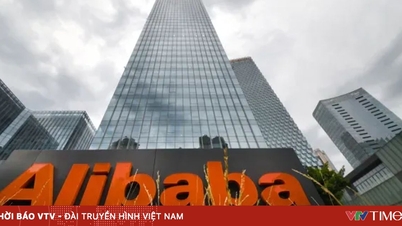





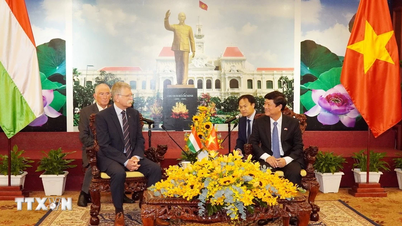




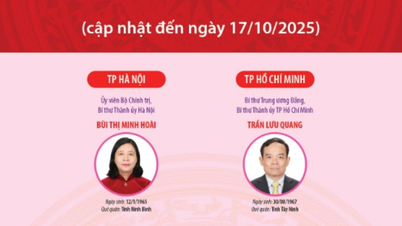





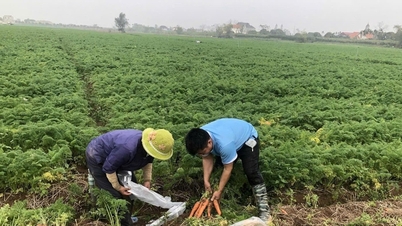
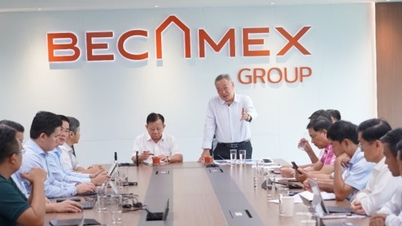
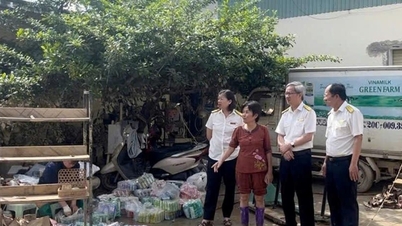
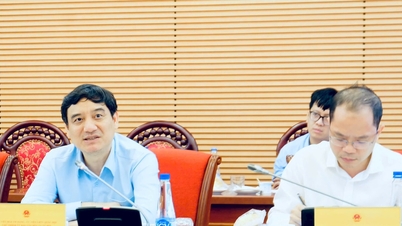
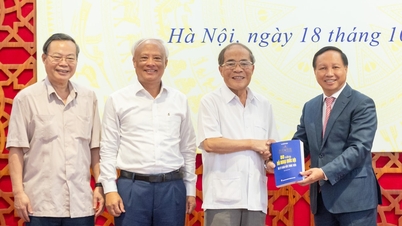


















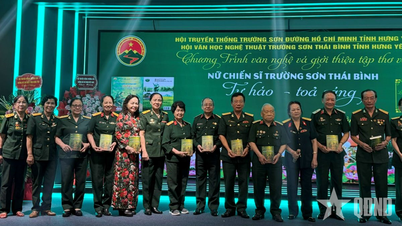















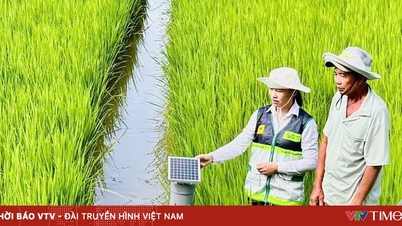
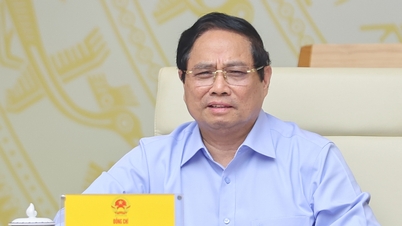
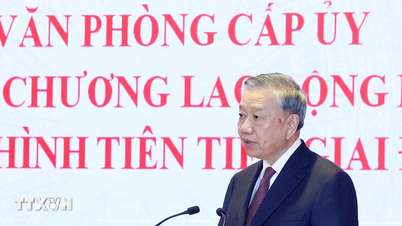










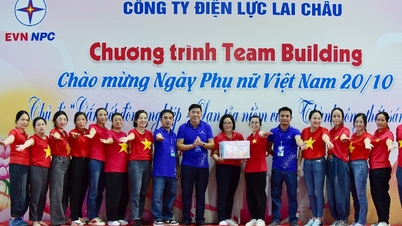

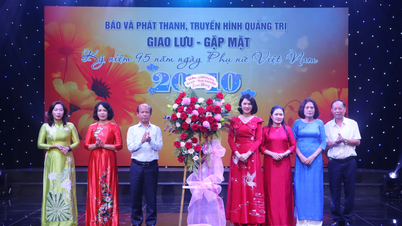

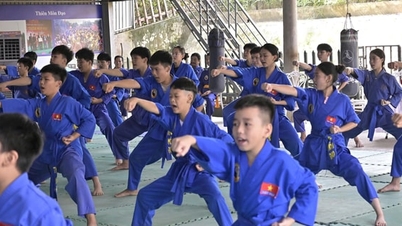













Comment (0)